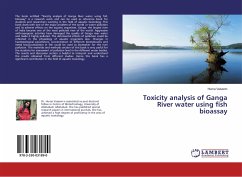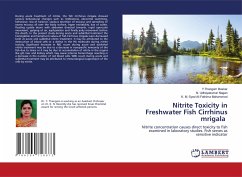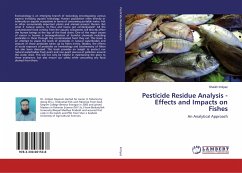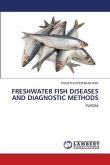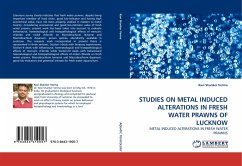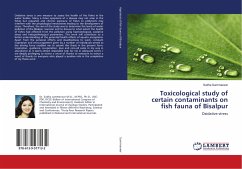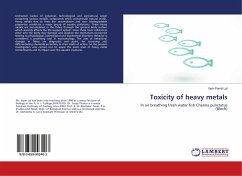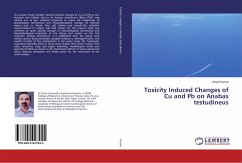The book entitled "Toxicity analysis of Ganga River water using fish bioassay" is a research work and can be used as reference book for students and researchers working in the field of aquatic toxicology. This book deals with one of the major problem of the world i.e water pollution and its adverse effects on the aquatic organisms. Ganga, the largest river of India became one of the most polluted river of the world. Aggressive anthropogenic activities have damaged the quality of Ganga river water and made it highly polluted. The detrimental effects of pollution could be reflected in the physiology of aquatic organisms also. Changes in haematological parameters, concentration of different biomolecules and metal bioaccumulation in fish could be used as biomarker for the river pollution. The materials and methods section of this book is very useful for the students for assessment of pollution level in the different water bodies. The results and discussion section is helpful to interpret and understand the results obtained from different studies. Hence this book has a significant contribution in the field of aquatic toxicology.
Bitte wählen Sie Ihr Anliegen aus.
Rechnungen
Retourenschein anfordern
Bestellstatus
Storno

